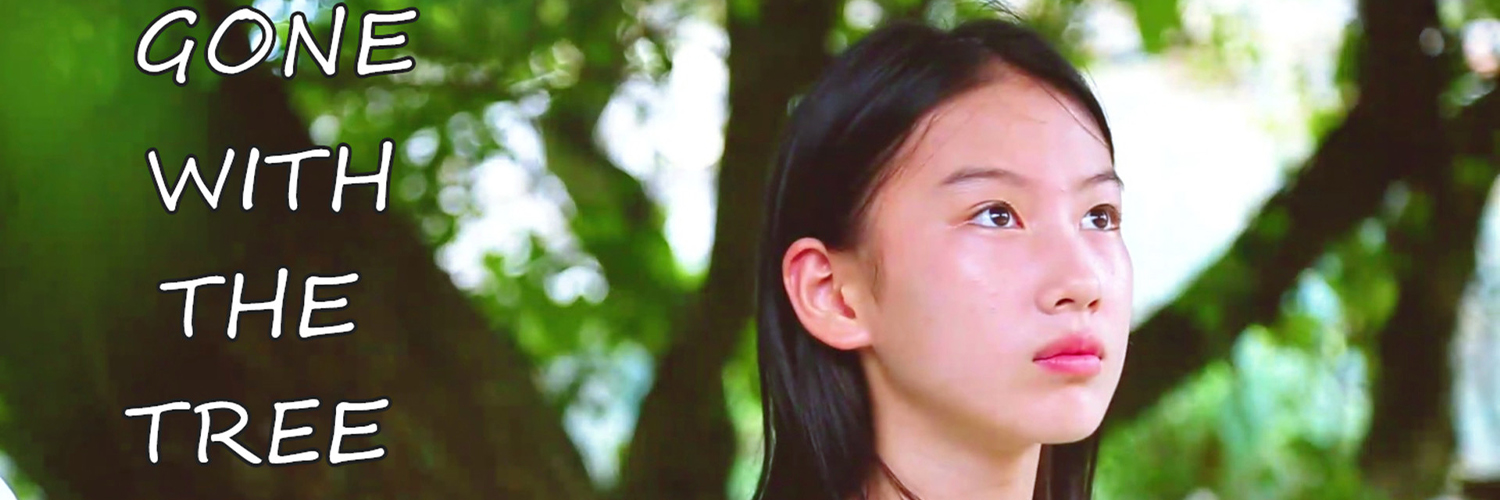Gone With The Tree

Heraclitus once said, ‘the only constant in life is change’. And as we continue living every day, we leave a piece of the past behind. It gives us room for embracing the changes around us, from our environment, the culture, the people, and within us. But are we all adaptable to changes? The innovations, modernization, technical advancements, and upgraded way of living, is it for all of us? How are we going to balance it with treasured culture and traditions that’d been passed down from generation to generation? When change is what keeps us moving, and we limit ourselves from inheriting our customs, what is there for our elderly loved ones who are not attuned to these new changes? It is a sad reality, but it is happening everywhere in the world, even inside our homes. Our feature film for today titled “Gone With The Trees” will make us internalize how fast we are moving forward, not knowing that we leave a great part of us behind.
Gone With The Trees is a feature drama by a first-time student director named Shi Jie. She took me to a small province in the country of China, where life is peaceful and away from the usual buzz of modernization of the rest of the world. The story focuses on the relationship between Cuozi(Chen Zhifei) and her beloved Grandmother. They live in a remote village in an old house near the sea. Cuozi’s Grandmother is a sweet old lady who takes care of Cuozi. She is accustomed to the simple way of living. Her dreams don’t go beyond their tiny village. She inspires Cuozi’s mind with the contentment of their simple life. She shares her folkways with Cuozi, from inherited traditions, folk tales, dressing up, as well as hopes from the past that she wants to pursue. Even though they live in a small village, life is still tough, and Cuozi’s parents had to work in the city to sustain their needs and fulfill their own dream of living in the city. As time goes by, young Cuozi is getting older, and her Grandmother is not getting any younger. People from their small village are moving to the city with hopes of a better life and fascination with modern living. The population is starting to decrease, and Cuozi is feeling the pressure to do the same. With her Grandmother’s hope of fulfilling her dreams within their small village and their aspirations to live in the city, Cuozi has to choose a path that will decide her future and her grandma’s.
The story of this film is sad but beautiful. It was able to translate a simple story to something emotionally impacting because the situation that it directed is real and is happening everywhere. It will open our eyes to the significant figures of our lives that we leave behind as we chase our aspirations. I sincerely appreciate the story. I was teary-eyed at the last parts of the film. Anyone who’ll get to see this film will agree with me that our student director, Shi Jie, will come a long way to telling more stories that matter to the heart.




